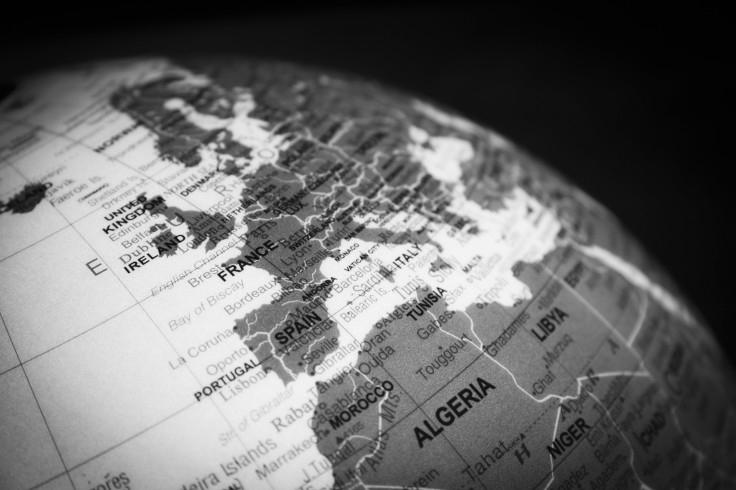15 Countries Define Honesty In ‘Significantly’ Different Ways, Possibly Hurting Economic Growth

Are people in Greece more honest than people living in Japan? Researchers form the University of East Anglia set out to find out by studying how honesty compared among citizens in different countries. The findings, presented at the London Experimental Workshop conference, reveal how honest some countries really are and how it influences economic gains.
For the study, researchers surveyed more than 1,500 people from 15 countries to determine whether they were more or less honest depending on where they lived, and how it affected their country's economic development. Participants started off by flipping a coin and stating whether or not it landed on heads or tails. The participants were told if the coin landed on heads, they would be rewarded $3 or $5; citizens were considered dishonest if the percentage of people reporting heads was more than half in any given country.
Next, participants were asked to complete a music quiz, which financially rewarded participants for answering all of the questions correctly. They were asked not to use the Internet to search for answers and had to check off a box promising they hadn’t cheated before they could move on to the next question. Three of the questions were nearly impossible to answer correctly on purpose, so getting more than one of those questions right indicated cheating.
Researchers chose to study Brazil, China, Greece, Russia, Switzerland, Turkey, the United States, Argentina, Denmark, the United Kingdom, India, Portugal, South Africa, and South Korea to provide a variety of culture and economic development. While all of the countries demonstrated some level of dishonesty, it varied significantly: In the coin toss, for example, the least amount of dishonesty was found in UK at 3.4, followed by Greece, compared to 70 percent of dishonest people in China, then Japan, South Korea, and India. In the music quiz, the Japanese were most honest, followed by the UK, compared to a less truthful Turkey.
Lastly, participants were asked how many people out of 100 answered heads from other countries, including their own. Greece and China were the most pessimistic when it came to how honest other countries were, yet Greece was one of the most honest in the coin toss.
"Beliefs about honesty seem to be driven by psychological features, such as self-projection," said the study's lead author David Hugh-Jones, a researcher at UEA's School of Economics, in a press release. "Surprisingly, people were more pessimistic about the honesty of people in their own country than of people in other countries. One explanation could be that people are more exposed to news stories about dishonesty taking place in their own country than in others."
Overall, poor countries were found to be less honest than rich countries. Hugh-Jones explained how people view honesty within their own country and about other countries is key for interaction and prosperity. A country's willingness to trust one another and support debt bailouts may also hold a country's overall growth back.
"I suggest that the relationship between honesty and economic growth has been weaker over the past 60 years and there is little evidence for a link between current growth and honesty," Hugh-Jones said. "When institutions and technology are underdeveloped, honesty is important as a substitute for formal contract enforcement. Countries that develop cultures putting a high value on honesty are able to reap economic gains."
Source: Hughes-Jones D. Honesty and beliefs about honesty in 15 countries. London Experimental Workshop. 2015.



























